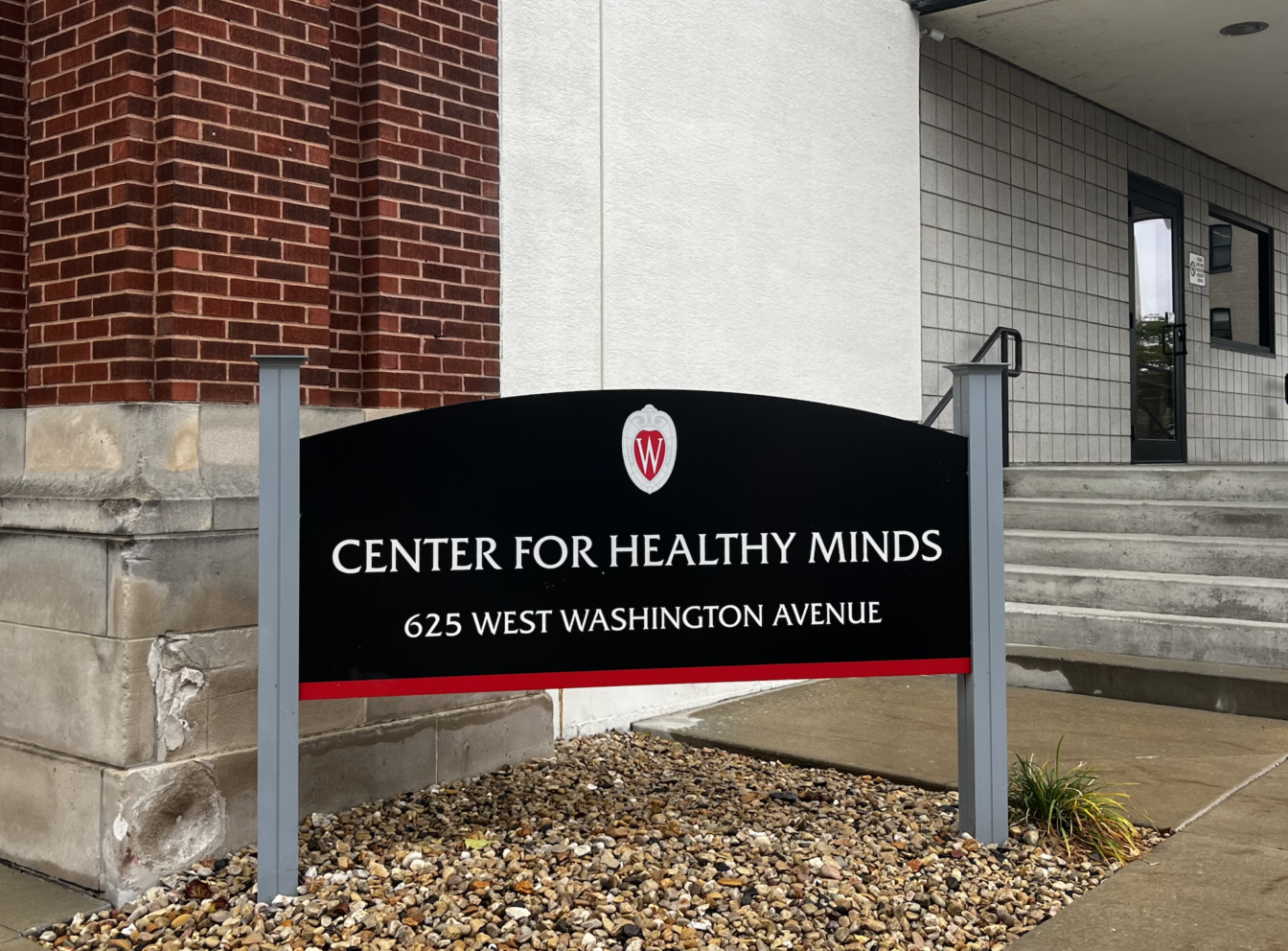The Center for Healthy Minds and the Wisconsin Institute for Sleep and Consciousness are leading a study at the University of Wisconsin exploring suicide prevention methods that combine targeted brain stimulation with meditation, according to UW News.
The goal of the study, supported by a $14 million, 30-month-long contract from the Defense Advanced Research Projects Agency, is to enhance wellbeing and help prevent deaths by suicide.
Suicide is preventable, according to the Center for Disease Control and Prevention. Using what researchers call “upstream intervention” — preventions across entire populations that decrease the likelihood of poor health — founder and director of the Center for Healthy Minds Richard Davidson and his team of researchers will pair certain neuroscience interventions with meditation-based interventions. This will target and aid areas of the brain that control emotional regulation and cognitive flexibility, according to UW News.
The study has two phases. The first will include lower risk participants — people who have elevated symptoms of depression who may endorse items like thinking about suicide occasionally, but never planned an attempt. The second will include people who have thought about suicide more actively. The researchers will recruit people based on their responses to simple questionnaires asking about suicidality.
“We believe it will be helpful to them,” Davidson said. “We believe it will reduce their likelihood of suicide along with other mental health issues. If anyone has any significant difficulty we will intervene and do everything we can to support them at that moment, including removing them from the protocol, if that’s what’s necessary.”
Rebecca M. Blank Center for Campus History holds inaugural reception
After being assessed on well-being, suicidality and neurological measures, participants will undergo a four-week test period of hybrid interventions combined with a novel, non-invasive, targeted brain stimulation during sleep called “transcranial electrical stimulation with temporal interference.”
Davidson, who is a co-investigator of the study, said a program officer from the federal Defense Advanced Research Projects Agency reached out to him during the COVID pandemic and following the Jan. 6 insurrection at the U.S. Capitol.
According to Davidson, DARPA’s interest in the Center’s work is twofold. They hope to use the study results to strengthen the character of military leadership in the U.S. post Jan. 6, and they want to use novel, science-backed strategies to address the problem of suicide in the military and more widely in society.
“[The Department of Defense] said they have come to appreciate that the kind of wellbeing training we’re talking about would include qualities that would help to preserve the humanity of people and support a leadership style which would be consistent with democracy,” Davidson said.
Chancellor Mnookin releases statement on Israel-Hamas war following responses on campus
The most recent study by the U.S. Department of Veteran Affairs on suicide among veterans found there was an average of 16.8 suicides per day — 57.3% greater than for non-veteran U.S. adults. According to a 2021 study by the Watson Institute at Brown University, the number of deaths by suicide was four times higher than the number of deaths that occurred during military operations within the 20 years post 9/11.
Davidson said novel strategies can be helpful in addressing this trend.
“DARPA recognizes that any solution which would be applicable to the military would also have more general application in society,” Davidson said. “There are segments of the population that are also showing spikes in suicide rates, including among college students.”
In 2021, 48% of college students reported moderate or severe psychological stress, 53% reported being lonely and one in four had considered suicide, according to a study by the American College Health Association.
While the researchers envision the study will produce a “universal strategy that will be beneficial to everyone and specifically those at risk for suicide,” Davidson said the biggest challenge will be the dissemination of and engagement with its findings.
“What would be ideal, coming out of this work, would be the development of a really user-friendly product that we can disseminate,” Davidson said. “And we’re already doing that, to some extent, with college students.”
The Center for Healthy Minds released a Healthy Minds Program app in 2019, a well-being and meditation app that is still freely available to UW students. Davidson said the app has been proven to help decrease likelihood of depression over the course of the first two years of college. The hope is to improve this strategy and refine it to specifically be effective as an antidote to future suicide risk, Davidson said.
The data collection phase of the study will begin around January or February 2024. The study is totally voluntary and there will be mental health professionals, including a psychiatrist, on the team who will be carefully and closely monitoring all the participants, Davidson said.
























